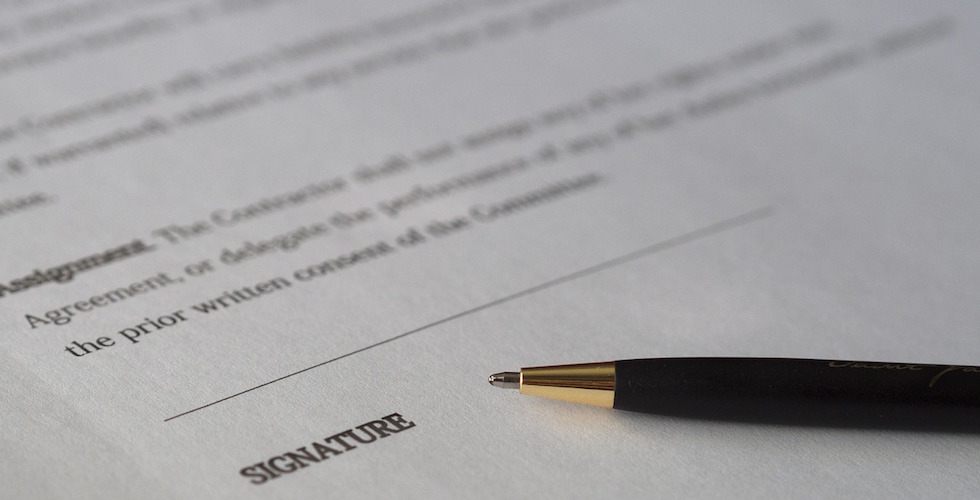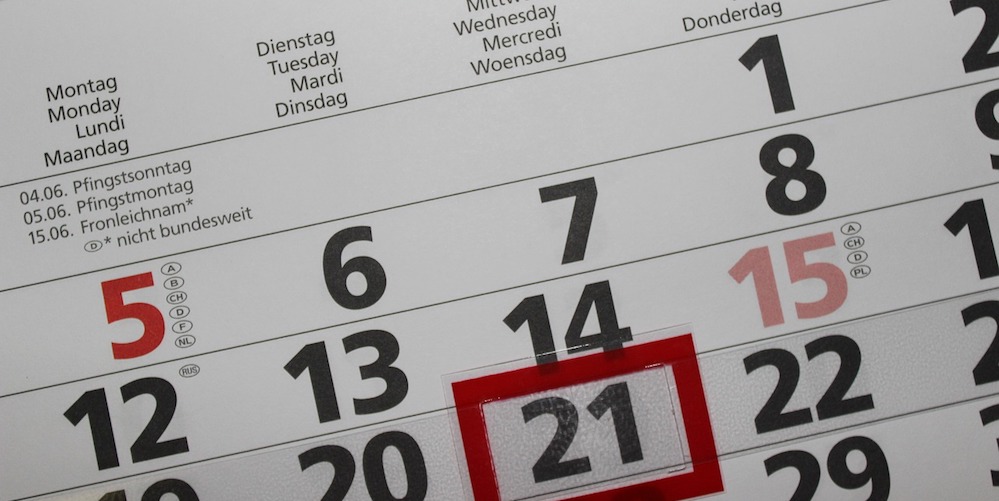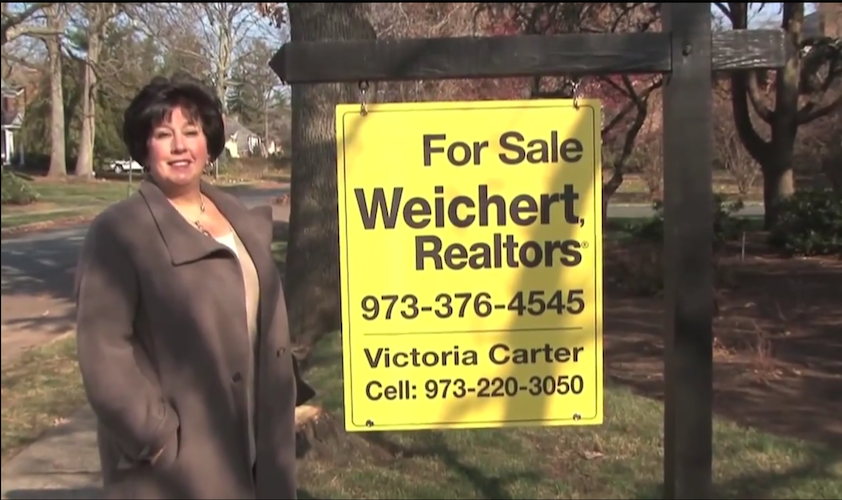
STEP NINE: NAVIGATING THE HOME PURCHASE CONTRACT
07/25/2017
STEP EIGHT: PUTTING IN AN OFFER FOR A HOME
07/26/2017 STEP ELEVEN: PREPARING TO CLOSE
STEP ELEVEN: PREPARING TO CLOSE
There’s a lot to do in the weeks leading up to the closing, so good organization is a must. Proper scheduling can reduce your stress and prevent any mistakes or delays.
- Get Organized
Create a schedule of the items you need to complete before closing. Set up a file with all of your purchase and closing related documentation so you have it readily available. - Confirm Payment of Deposit Funds
The contract probably calls for the balance of the deposit to be paid to the escrow agent within a certain period of time. Confirm that this has been done as required. The deposit is your major security until the closing – make sure it is posted as required. If the buyer seems unable to produce the required funds it could be a sign of trouble – so find out what is going on. - Monitor Inspections and Contingencies
The contract is probably subject to a number of inspections and contingencies. These conditions are intended to allow the buyer to check things out and make sure there are no problems – not as an open ended delaying tactic. Confirm that the buyer schedules the inspections in a timely manner, and make sure access to the property is available. - Deal with the Inspection Reports
The buyer’s inspection reports will usually list a number of sub-standard items – few homes are without defects. The buyer may provide you with a list of things to be corrected before the closing. You may or may not agree that you are responsible for items on the list. At this point another negotiation may result. Although each deal is different; typically the seller will repair (or provide a credit to cover the cost) any major or structural problems. The seller is usually responsible for the cost of radon remediation, if required. Normal wear and tear items, on the other hand, are not usually corrected by the seller. - Address Your Contingencies
The contract may include contingencies or conditions requiring the seller to take certain actions – removing debris or an old shed, for example. Make sure to attend to these matters early so they do not become a problem at closing time. - Get a Payoff Letter
If you have a mortgage on your home, you will be paying it off at the closing so you can transfer clean title to the buyer. Your lender should provide you with a payoff letter specifying the exact amount required to completely retire the loan. - Closing Details
- Buyer
- Fire and extended coverage insurance policy in the amount of the mortgage. This must be presented at closing. Recommended: Homeowners policy to cover both mortgage amount and your equity in the home.
- All buyers should be present. If this is not possible, tell your attorney or title company in ample time to see if they can make special arrangements.
- Bring certified check to closing, made out to you in the amount of the purchase price less down payment and mortgage, to be endorsed to proper parties at closing.
- Bring some personal checks to cover miscellaneous closing costs, such as attorney’s fee, tax or insurance escrow or adjustments, fuel oil, etc.
- Order telephone service.
- We will take care of having utilities transferred except telephone, if you desire.
- Check your new post office address zip code.
- Seller
- All sellers should be present at closing to sign deed and affidavit of title or arrange with attorney to sign ahead of time.
- You must have an attorney or title company to prepare deed and affidavit of title for the purchaser. They will need your present deed. For the preparation of the affidavit for a married couple, they need to know the wife’s maiden name and if you or your spouse has been married before to anyone living.
- Bring personal checks for miscellaneous items such as attorney, revenue stamps, etc.
- Have all keys at closing.
- Please give your realtor your forwarding address.
- We will take care of having utilities transferred, except telephone, if you desire
- Buyer
- Provide Information to the Buyer
Provide the buyer with copies of any relevant documents you have – surveys, septic designs, service records, building permits (from past projects), etc. The contract may specify that you are to provide these items, but even if it doesn’t, it may help the buyer conclude the inspection phase – and it is a basic courtesy. - Get Ready for Moving Day
You probably be moving out right before the closing (or just after if you’ve arranged this with the buyer), so now is the time to start preparing. You need to hire a mover (unless you plan to handle the move yourself) and start packing your possessions. It’s also time to make arrangements for utility shutoffs and installations at your new address – our Utility Checklist can help you organize these tasks.- Utility Checklist
- Some utilities require more lead time than others to terminate service at your old residence and activate at the new. While the time required varies, you can use this checklist as a starting point.
- One month or more before closing…
- Cable Television and/or cable modem
Contact the cable company early, in case the new home needs any wiring or hook ups to accommodate your service. Call especially early if you are installing cable modem service. - Phone service
With today’s often complicated home phone set-ups it is important to give the phone company some extra time – especially if you will need several extra numbers and/or jacks in specific locations. - Satellite television and Internet service
Unless your new home has a compatible dish already in place, you will require installation services. Depending upon demand in your area this could entail a wait of a month or more, so put your order in early. - DSL Internet service
DSL installation is subject to large backlogs in most area, so put in your order as soon as possible.
- Cable Television and/or cable modem
- One to two weeks before closing..
- Fuel deliveries
If you receive automatic deliveries of heating oil or propane you should contact the supplier and terminate the service (and transfer the account to your new home if you still require deliveries). - Automatic deliveries
While they are not, strictly speaking, utilities, any automatic delivery services (bottled water, pool supplies, etc.) you may use should be contacted 1-2 weeks in advance of your move to terminate deliveries or change the service to your new address.
- Fuel deliveries
- Several days to one week before closing…
- Electrical Service
Contact the electric company and switch your account to the new address effective on the closing date (make sure you have electrical service at both locations on moving day) - Gas Service
Contact the gas company and switch your account to the new address effective on the closing date (make sure you have gas service in both locations on moving day). - Water service
Notify the water company several days before the closing. - Sewer service
Notify the sewer authority several days before the closing. - Garbage pickup
If you pay for private garbage pickup you should notify the service provider a few days before the closing. Even if you have public garbage service at your old location you may need to arrange for private pickup at the new house. Check it out – you don’t want to end up without garbage service just after you move in. If you want to have a special pickup – either at the old address or the new – make the arrangements at least a week in advance.
- Electrical Service
- One month or more before closing…
- Some utilities require more lead time than others to terminate service at your old residence and activate at the new. While the time required varies, you can use this checklist as a starting point.
- Utility Checklist
- Do the Walkthrough
The final walkthrough should be conducted the day of or before the closing. The walkthrough allows the buyer to confirm that the house is ready and that any required repairs have been completed. Conducting a walkthrough reduces the chance of confusion or problems at the closing.





